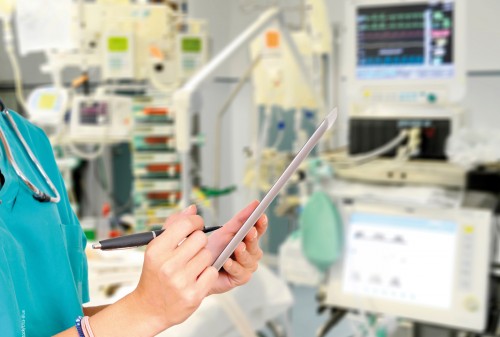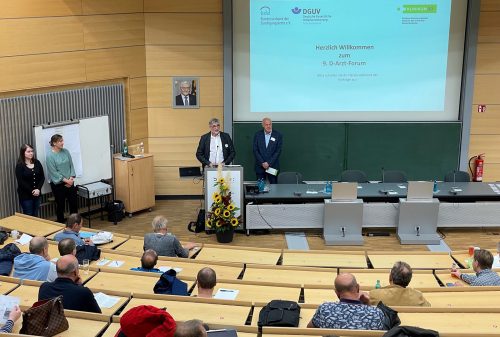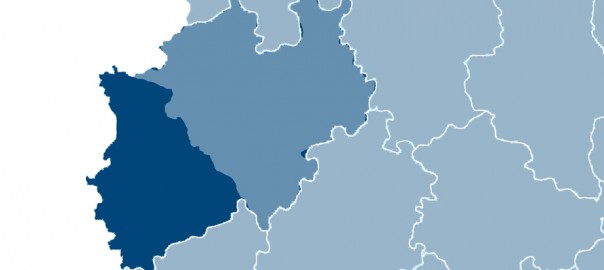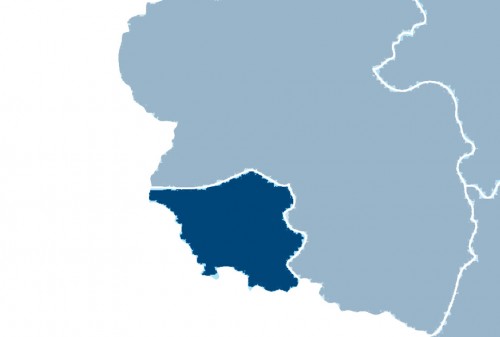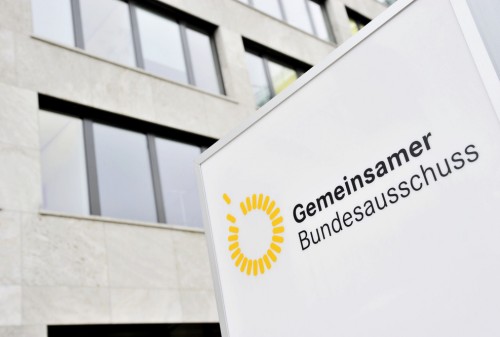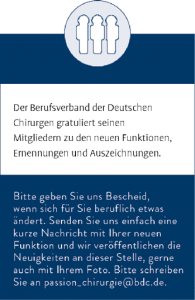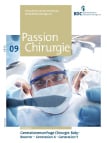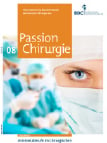Vom 22. bis zum 24. September 2022 fand das 9. D-Arzt-Forum zum zweiten Mal in Dortmund im großen Hörsaal der Bundesanstalt für Arbeitsschutz und Arbeitsmedizin (BAuA) unter Leitung von Dr. med. Jens-Peter Stahl statt. Herr Dr. Stahl, Direktor der Unfallklinik Dortmund, hatte zum Jahreswechsel die Präsidentschaft des Bundesverbands für Durchgangsärzte (bdd) von seinem Vorgänger, Prof. Dr. med. Felix Bonnaire, übernommen.
Erstmalig wurden in der Veranstaltung alle drei von der Deutschen Gesetzlichen Unfallversicherung (DGUV) geforderten Fortbildungskurse zur Rehamedizin und Rehamanagement, zur Kindertraumatologie und ein Gutachtenkurs angeboten, die bei den Teilnehmern auf sehr große Resonanz stießen. Insbesondere in der Kindertraumatologie wurden neben den immerwährenden Themen typischer Verletzungen und deren Behandlung auch das Management von Komplikationen offen angesprochen und diskutiert. Alle drei Kurse hatten hochrangige Referenten und das Niveau der Veranstaltung war dementsprechend hoch, was von den Teilnehmern auch so wertschätzend kommuniziert wurde.
Gleichzeitig bestand für die D-Ärzte die Möglichkeit, über aktuelle Herausforderungen in der Entwicklung der D-ärztlichen Tätigkeit mit Vertretern der Deutschen Gesetzlichen Unfallversicherung (DGUV), der Kassenärztlichen Bundesvereinigung (KBV), des bdd und einem den bdd beratenden Juristen zu diskutieren. Dafür wurde ein neues Format im D-Arzt-Forum eingeführt, das als politischer Vormittag in Form einer Roundtable-Diskussion mit intensiver Beteiligung, auch der Zuhörerschaft, große Resonanz fand. Dieses Format wird daher sicher auch fortgeführt werden.
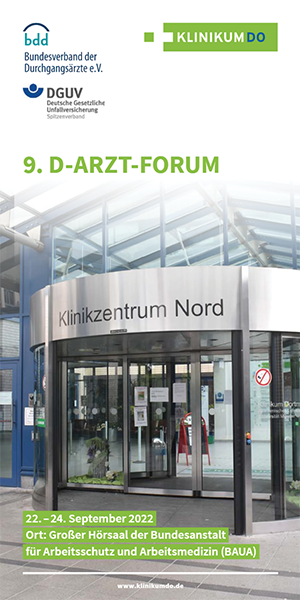
Deutlich wurde, dass der bdd in der Öffentlichkeit und auch gegenüber der Deutschen Gesetzlichen Unfallversicherung die Interessen der Mitglieder vertreten kann und diesbezüglich in einem konsensuellen Austausch mit allen Beteiligten steht.
Zukünftig wird der bdd von zwei Juristen beraten werden: Dr. Thorsten Süß aus der Kanzlei BLD in Köln und Jörg Sperling aus der Kanzlei AdVoMediTax in Berlin, Leipzig und Chemnitz.
Thorsten Schmitt, Geschäftsstellenleiter des Landesverbandes West der DGUV, und Rechtsanwältin Barbara Berner, Bereichsleiterin Stabsbereich Recht der Kassenärztlichen Bundesvereinigung, diskutierten intensiv über strukturelle Neuerungen im D-Arzt-System. Insbesondere wurde unter Beteiligung von Herrn Dr. Süß, der erfreulicherweise ebenfalls an der Roundtable-Diskussion teilnahm, auch die haftungsrechtliche Situation des D-Arztes erörtert.
Seitens der Zuschauer wurde D-ärztlicherseits aufgrund der deutlich gestiegenen Kosten in den D-Arztpraxen die Überarbeitung der UV-GOÄ gefordert. Mit den Vertretern der Landesverbände West (Herr Schmitt) und Nordwest (Herr Ideker) der DGUV wurde über die Möglichkeiten einer Kooperation zwischen ambulanten D-Ärzten untereinander diskutiert, um die D-ärztliche Versorgung flächendeckend auch zukünftig sicherstellen zu können. Dabei wurde insbesondere auf die in den letzten Jahren sinkende Zahl niedergelassener Durchgangsärzte hingewiesen und gerade im Hinblick auf die Öffnungszeiten der Praxen mehr Flexibilität gefordert.
Alle Teilnehmenden waren sich darüber einig, dass es sich bei dem berufsgenossenschaftlichen Heilverfahren um ein System hoher Qualität und Struktur handelt, das unbedingt zukunftssicher weiterentwickelt werden muss. Dafür ist es notwendig, die Vergütung so anzupassen, dass Praxen sich auch weiterhin in dieses System einbringen können, ohne dem zunehmenden wirtschaftlichen Druck zu erliegen. Diese Weiterentwicklung ist im ambulanten, aber auch stationären Bereich nur mit gemeinsamer Anstrengung aller Durchgangsärzte und ihrem Engagement möglich. Der bdd strebt dazu die Abstimmung und Zusammenarbeit mit den Landesverbänden der DGUV und den anderen orthopädisch-unfallchirurgischen Berufsverbänden unter anderem in der gemeinsamen BG-Kommission (GBK) an.
Zum Programm des „9. D-Arzt-Forum vom 22. bis 24.09.2022 in Dortmund“
Arbter D: 9. D-Arzt-Forum des Bundesverbands der Durchgangsärzte e.V. Passion Chirurgie. 2022 Dezember; 12(12): Artikel 04_09.









